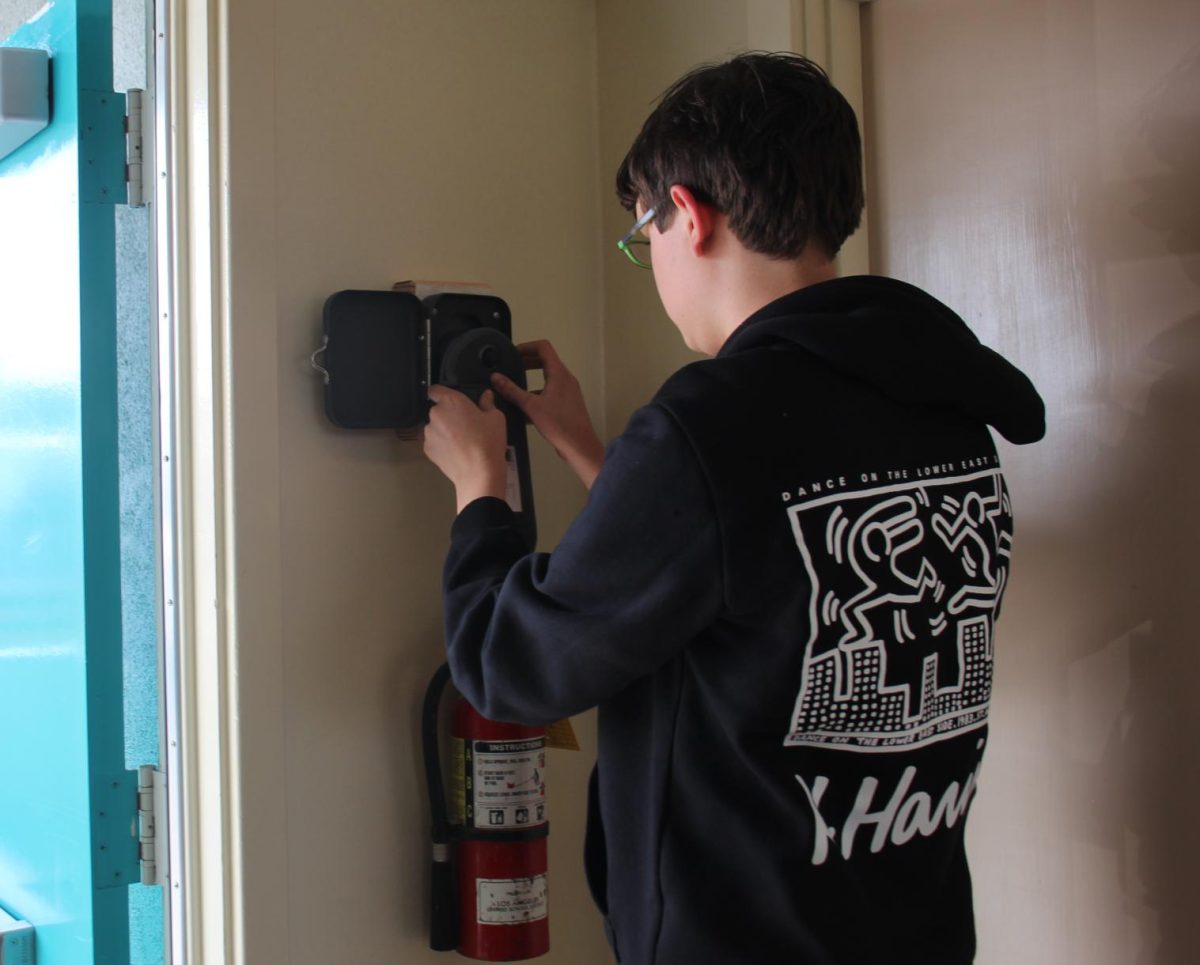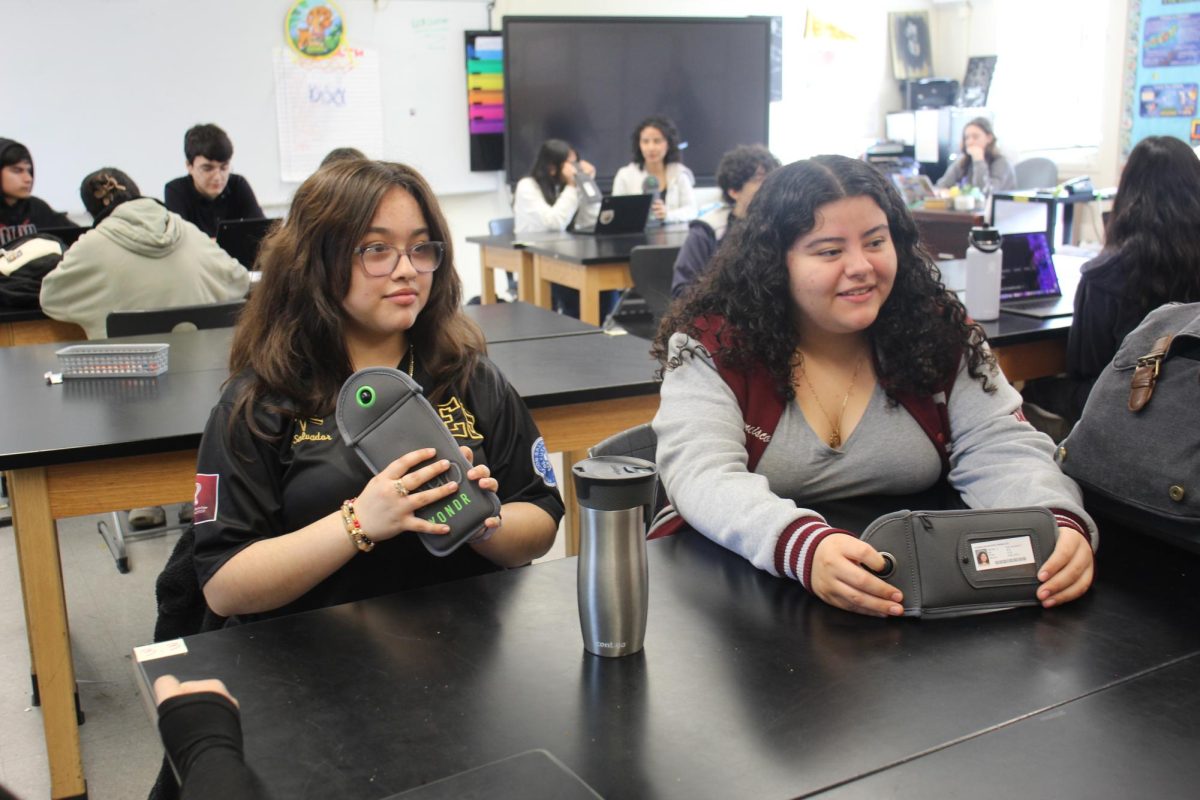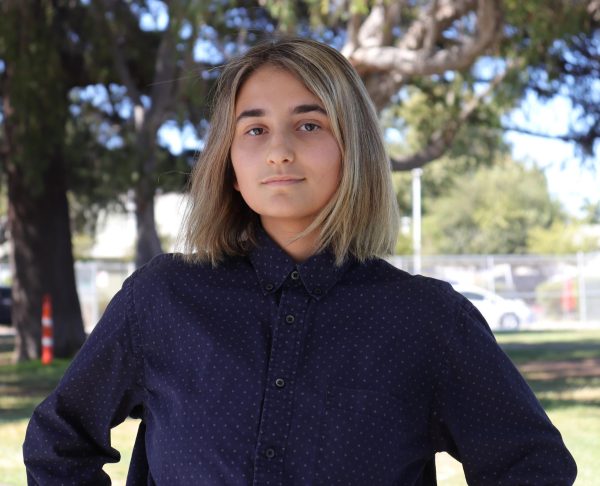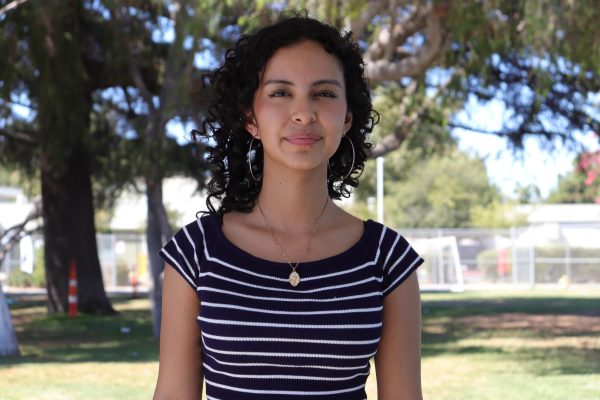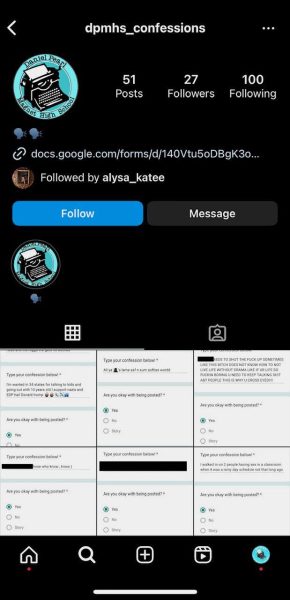
At the start of a new school year, an account quickly circulated with rumors about students and staff on the Meta-owned social media platform Instagram. Due to the anonymity that the DPMHS Confessions account offered, students were able to use the account to harass and spread rumors about other classmates.
“I don’t remember what I saw specifically but it was about people I know,” said one sophomore whose name isn’t being published since they were among the students named in the anonymous social media posts. “I saw my name there a few times and how people described me. It didn’t really affect me.”
The account, which was originally public, switched to a private account after about two weeks. Then it was deleted about three weeks after it started. It’s not known who was behind the account or if anyone was punished for starting it. Principal Armen Petrossian referred all questions to a district spokesperson.
“We value all our students and are committed to working towards maintaining a safe learning environment that is free from harassment, discrimination or bullying,” said Jonathan Fu, Los Angeles Unified School District’s (LAUSD) Region North communications officer. “Our students are always encouraged to speak with our school staff if they need assistance or have a concern.”
Harassment on social media has become known as cyberbullying and affects students as much as in-person bullying. In a 2021 study by the Cyberbullying Research Center, 46% of students aged 13 to 17 reported experiencing cyberbullying, with the two largest forms of cyberbullying being rumors spread about them or mean, hurtful comments posted about them online.
“I’d say it comes through more evidently in comments of posts, group chats, or text messages,” math teacher Gonçalo Sousa said. “It’s hidden because you’re talking about people behind their backs. It’s no different than in-person bullying.”
According to the LAUSD Cyberbullying Policy, students are not always protected under the First Amendment’s Freedom of Speech. Freedom of speech does not apply when the speech “materially disrupts class work or involves substantial disorder or invasion of the rights of others.”
According to Pew Research Center, 59% of teens in the U.S. experience some form of harassment online. Those who experience cyberbullying can be substantially affected emotionally and mentally to extreme extents.
“It could give students negative thoughts about themselves,” junior Allison Gonzalez said. “This could turn into more depressive thoughts which can lead to bigger risks.”
In 2018, a satire account of The Pearl Post was run on Instagram, the presence of which prompted then-Principal Deb Smith to launch an investigation. Additionally, the principal threatened the risk of returning a more restrictive cell phone policy. As of now, no disciplinary action has been taken against the still-unknown owner of the DPMHS Confessions account.
The effects of cyberbullying extend to the mental health of youth. In a medical article by Hackensack Meridian Health, cyberbullying has been documented to manifest similar symptoms to students as in-person bullying. Some symptoms include difficulty concentrating, becoming withdrawn from one’s social life, skipping school, depression and suicidal thoughts.
“If you come across an account like this and they’re talking about you, just ignore it,” said an anonymous senior whose name is not being published since they were among the students whose name was mentioned in one of the anonymous social media posts. “There are people who just want to start something.”





